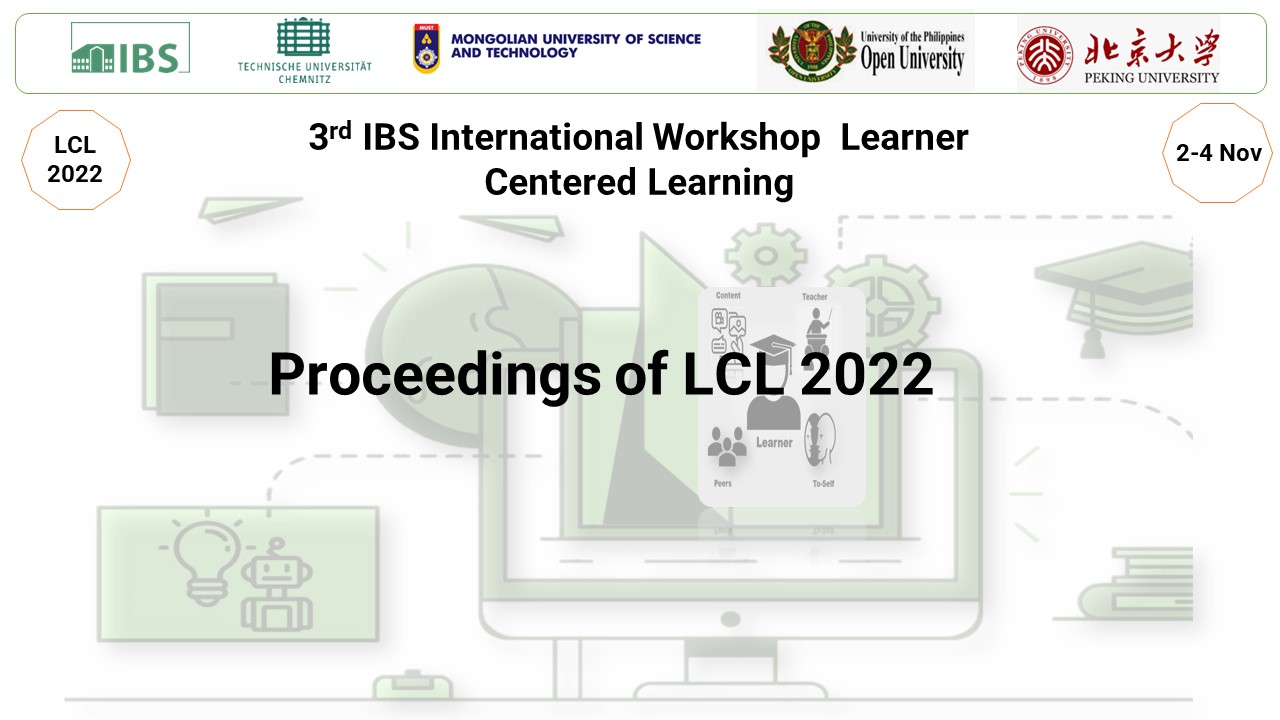Analysis of Success Factors of E-Learning
DOI:
https://doi.org/10.14464/ess.v9i4.556Abstract
E-learning is being considered one crucial method of education, and various models and methods are being used to test its implementation and accomplishments. Among many, the DeLone MacLean information success (IS) success model is the most widely used in the assessment of e-learning systems’ success evaluation. The aim of this research was to study the effectiveness of the platforms used in e-learning at the Mongolian University of Science and Technology. In this study, we used the D&M IS Success Model to examine whether e-learning can be a successful transmitter of knowledge. Our intention was to assess the success of e-learning by the D&M IS Success Model, define the impact of current e-learning practice on individuals, and identify the factors that affect the quality. The survey covered 685 undergraduate and graduate students of the Mongolian University of Science and Technology. Results demonstrated that high-quality systems and information upsurge the individual impact. In addition, increased and continuous usage of e-learning systems plays a mediating role between system quality and individual impact. To ensure the continuous use and effectiveness of e-learning systems, special attention should be paid to factors such as service quality, systems’ simplicity and flexibility, and customer satisfaction.

Downloads
Published
Issue
Section
License
Copyright (c) 2022 Sumjidmaa Tumurchudur, Oyuntungalag Buyantur

This work is licensed under a Creative Commons Attribution 4.0 International License.
Copyright for articles published in this journal is retained by the authors. The content is published under a Creative Commons Licence Attribution 4.0 International (CC BY 4.0). This permits use, distribution, and reproduction in any medium, provided the original work is properly cited, and is otherwise in compliance with the licence.


